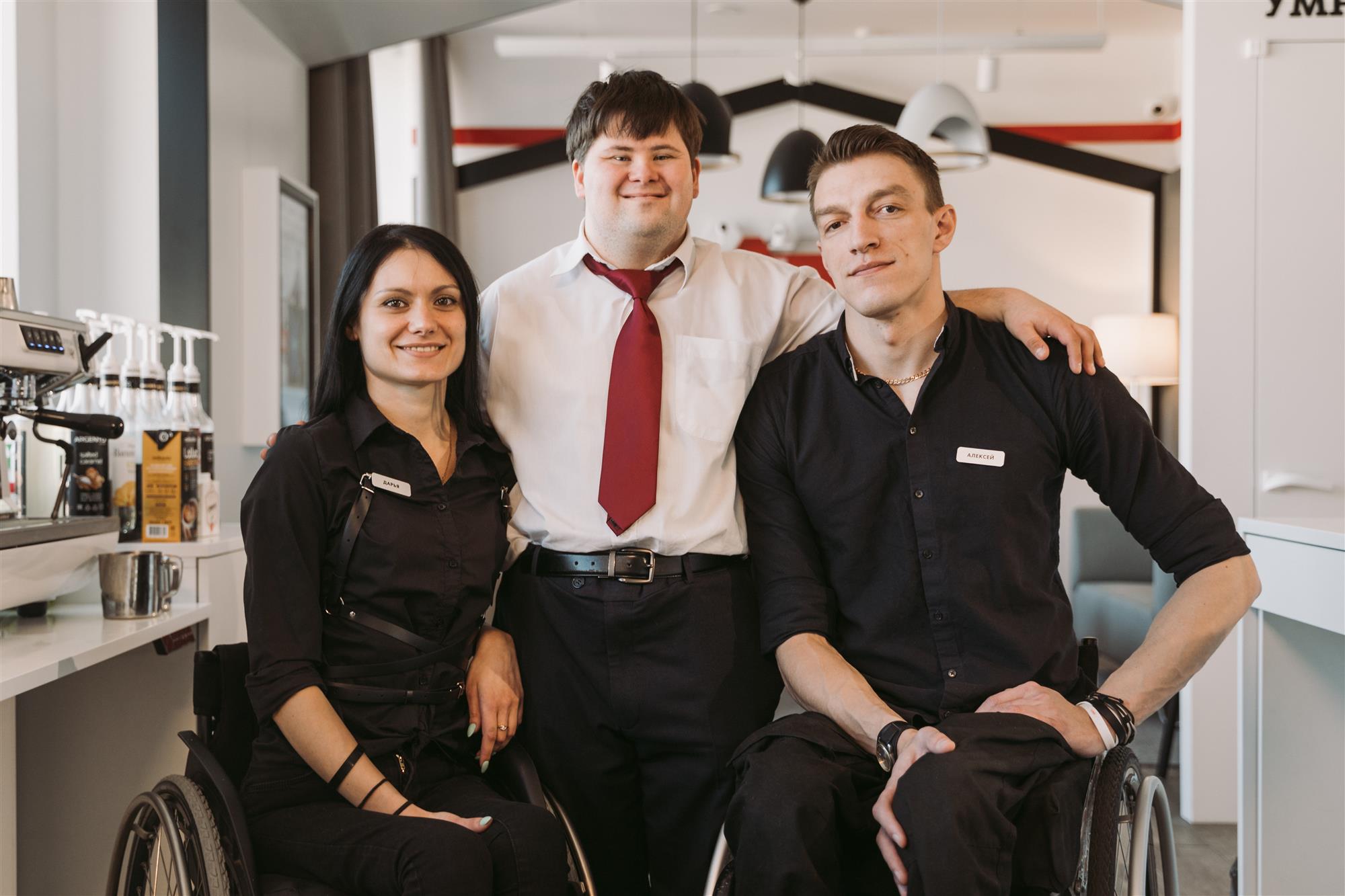By Mandeep Lamba, Dipti Mohan, Dhwani Gupta
Diversity and Inclusion (D&I) have now become a business priority for most organizations across industries, as multiple research studies have shown that it not only boosts creativity, innovation, and employee morale but also productivity and bottom line while helping the world to move towards a more equalized economy. Organizations are taking active steps to make their workplaces more diverse and inclusive by focusing on recruiting people of different genders, ethnicity, cultures, nationalities, sexual orientation, and identities. Empowering differently-abled people through employment opportunities has also become one of the top priorities for organizations, including those in the hospitality industry, where guests often perceive an inclusive hotel property or workspace as more accommodative, comfortable, warm, and welcoming.
However, there is still a long way to go before every industry can truly claim to be a D&I champion. In order to put things into perspective, as per the World Health Organization, an estimated 1.3 billion people, or approx. 16% of the global population, experience disability. As per the International Labour Organization, the unemployment rate of 7.6% among persons with disabilities (PwDs) is much higher compared with the 6% for persons without disability. Even in India, as per government estimates only about 36% of the differently-abled population is employed, and this number is much lower in the organized employment sector.
We are gradually progressing in the right direction thanks to encouraging government initiatives and programs, and businesses are hiring PwDs for a variety of positions. Worldwide, numerous independent and chain hotels have taken the lead in including Pwds in workplaces. For instance, Marriott International has consistently ranked among the Best Places to Work for Disability Inclusion and has the highest score on the Disability Equality Index. In the meantime, IHG Hotels and Resorts is collaborating with Steps in Thailand and Spinal Cord Injuries Australia (SCIA) to employ people with disabilities at its properties in these nations. While at the Martigny Boutique-Hotel in Switzerland, two out of every three employees have intellectual disabilities.
In India as well, hotel companies like Lemon Tree Hotels, IHCL, and ITC Hotels have been empowering people with disabilities by employing them across roles ranging from the billing desk to the wait staff. The F&B segment, however, has been at the forefront of this initiative. Multiple food outlets across the country hire differently-abled employees, so much so that some chains are run entirely by them. For example, Echoes in New Delhi has over 40 deaf and mute employees who warmly serve every customer. The cafe opened its doors in 2015 and was so well received that similar outlets were opened in Bangalore and Kolkata as well. With 35 locations nationwide, Mitti Cafe has employed hundreds of specially-abled people who have served more than 10 million meals to date. La Gravitea, a tea cafe in Jamshedpur, serves over 105 varieties of tea and is run by differently-abled women athletes, some of whom have won gold medals in the Olympics! Not only are they empowering women, but they are also empowering PwDs women. The number of such food outlets across the country is endless!
The hospitality sector has a variety of opportunities to improve inclusivity. The Shangri-La Hotel in Singapore offered one example when it launched a wonderful initiative in the early stages of the pandemic. When most other hotel chains had to let go of their employees, this hotel team did the exact opposite and hired interns with special needs to help them determine their strengths. The supervisors were able to recognize the interns’ distinct strengths in tasks requiring structure and attention to detail by watching how they performed at work, and the necessary changes were soon made to their workflows. Another way is to train current staff members to treat PwDs with greater respect, tolerance, and helpfulness, as Lemon Tree Hotels have been doing. The company has also been working with various NGOs to train people to support this cause. The employer must have compassion for the employee and recognize that transitioning to a corporate setting may not be easy for them. It is also important to recognize that not all tasks may be possible for specially-abled employees and that the SOPs may have to be revised accordingly. For an organization to truly champion this cause in the long run, the corporate culture needs to change towards a higher level of acceptance, with each employee taking pride in the diverse and inclusive work environment.
Company culture, however, is only the beginning and once established, the management must continually “manage” the culture. From keeping the leaders informed and educated to consistently collecting employee feedback and making small changes regularly, there is a lot to do, but it is not impossible. Inclusion of PwDs in the workforce should be a top priority for all hospitality companies as it not only widens the talent pool but also helps in making societal change.


